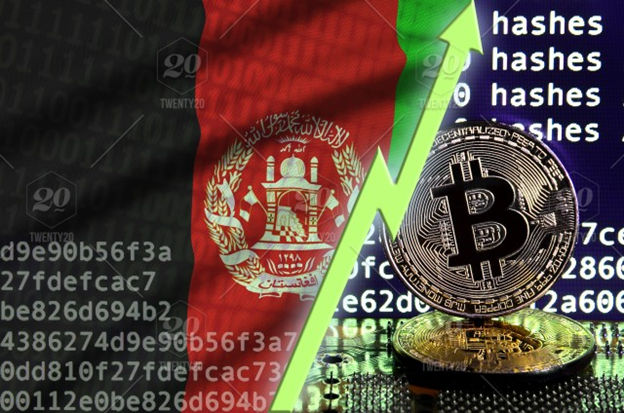The withdrawal of US troops has left Afghanistan grappling with a deep financial crisis. It has led to a nationwide cash crunch, sharp spikes in the prices of basic goods and commodities, and closed borders.
Furthermore, with the local currency rapidly stooping to record lows, banks are running out of cash, leading to closures across the nation. This situation is rendering cash withdrawals an impossible feat.
The resultant political turmoil has also witnessed a steep hike in crypto usage. Afghanistan ranks 20th in 2021’s Global Cryptocurrency Adoption Index. Some Afghans are transferring their life savings into digital assets, believing they are more secure than banks and local currency.
And if the Taliban’s isolation from international finance persists, the regime is likely to adopt cryptocurrencies. Why? Because of their popularity and anonymity.
The role of cryptocurrencies in Afghanistan
Afghanistan has approximately 7 million expatriates living abroad. As a result, local Afghans depend heavily on remittances from these family members across the globe, who in turn rely on profits from crypto transactions. The earnings help the locals meet their daily needs.
With the disruption brought about by the Taliban takeover, hawalas, the informal money services, and local money exchange houses ceased to function. Hawalas facilitated cross-border transactions similar to the now-closed Western Union. Digital finance platforms like PayPal and Venmo do not exist here.
However, locally run Bitcoin exchanges continued to offer their services amidst the turmoil.
Cryptocurrencies and Afghan future
Many local Afghanis are hopeful that cryptocurrencies will deliver them from the current economic peril. Crypto is a safeguard against inflation and the key to a much better life among the youth. And because the country operates a cash economy, money held in crypto wallets gives Afghanis the assurance that at least some of their wealth is secure against economic instability.
Besides, digital currencies provide access to the global economy — right within Afghanistan — as well as some level of protection against wayward inflation.
Still, crypto investors in Afghanistan use digital currencies in secret. They rely on VPNs, Virtual Private Networks, to hide their geographical location. So, it’s not yet clear what the future holds for cryptocurrencies and the Afghan crypto community. Only time will tell.
Conclusion
For Afghanis, the future remains uncertain. And until a formal government takes over control, the safest place to store their money is in digital currencies.









